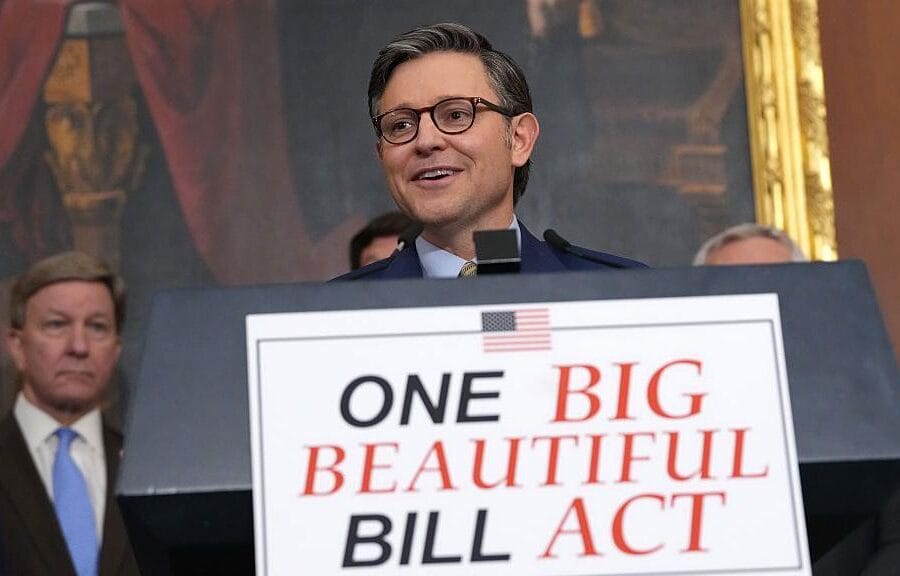Today, Americans United for Life filed a “friend of the court” brief on its own behalf in Gee v. June Medical Services in the U.S. Supreme Court, arguing that abortion providers do not have standing to bring legal challenges against health and safety regulations on behalf of their patients.
The case arose after June Medical Services, a Louisiana abortion clinic, challenged Louisiana’s admitting privileges law, requiring doctors who perform abortions to have active admitting privileges at a hospital within 30 miles of the facility where the doctor performs the abortion.
The Fifth Circuit Court of Appeals ruled in favor of Louisiana’s law, and the court voted to deny rehearing the case by the full Fifth Circuit, but after an emergency request by June Medical, the law was put on hold while June Medical appeals to the Supreme Court. (You can read more about June Medical’s emergency request and the Supreme Court decision to temporarily put the law on hold: here, here, and here.)
After June Medical filed a petition asking the Court to take the case, Louisiana filed a conditional cross-petition, arguing that if the Court agrees to take the case, it should also consider whether abortion providers have standing to challenge health and safety regulations, such as Louisiana’s admitting privileges law.
Ordinarily, people must bring a lawsuit on their own behalf, but sometimes third parties can bring a lawsuit on behalf of another. Courts have generally assumed that abortion providers have third-party standing without any specific analysis of whether there is a close relationship between abortion providers and their patients, and a hinderance to the patients’ ability to sue on their own behalf.
AUL’s brief explains that June Medical and the other Plaintiffs are bringing the current legal challenge against a backdrop of serious health and safety violations by Louisiana abortion clinics and professional disciplinary actions and substandard medical care by Louisiana abortion doctors. These violations and disciplinary actions by Louisiana abortion providers documented in the brief demonstrate that Plaintiffs do not have a close relationship with their patients and should not have third-party standing.
“There is an inherent conflict of interest between abortion providers and their patients when it comes to state health and safety regulations,” said AUL Litigation Counsel Rachel Morrison. “It is impossible for abortion clinics and doctors to share or represent the interests of their patients when they seek to eliminate the very regulations designed to protect their patients’ health and safety.”



